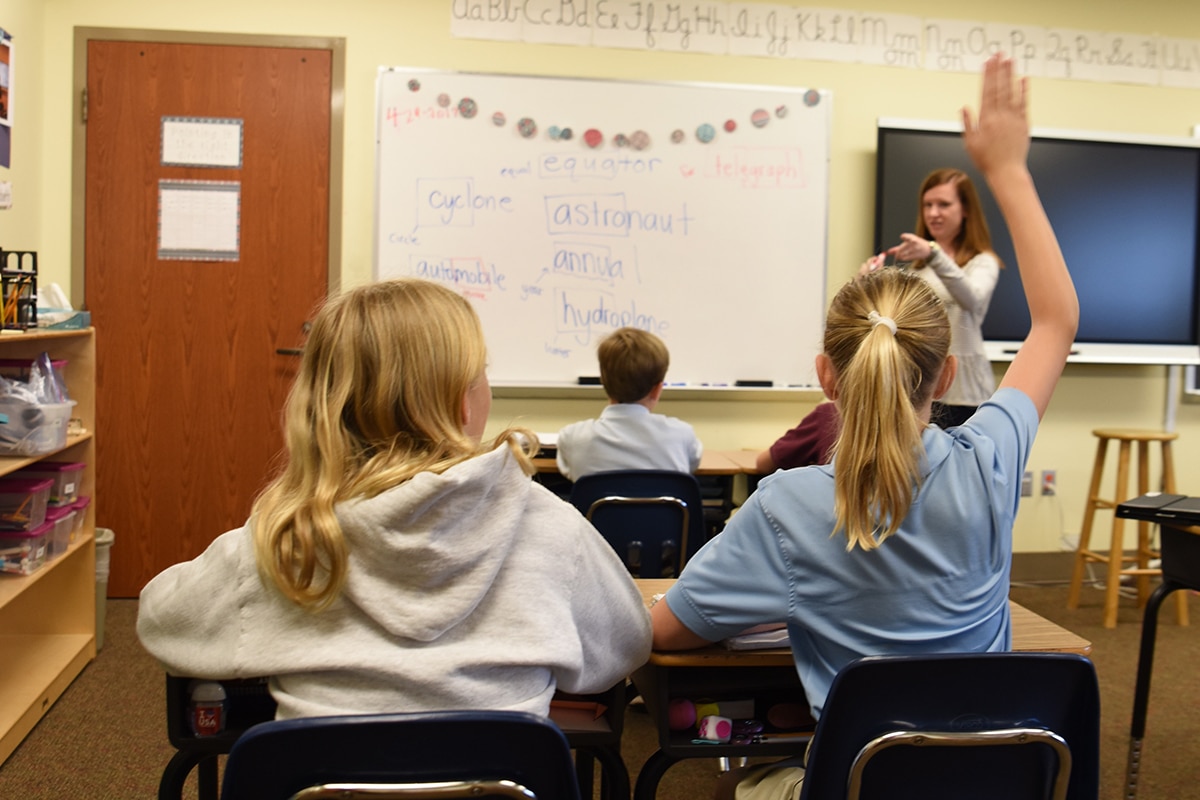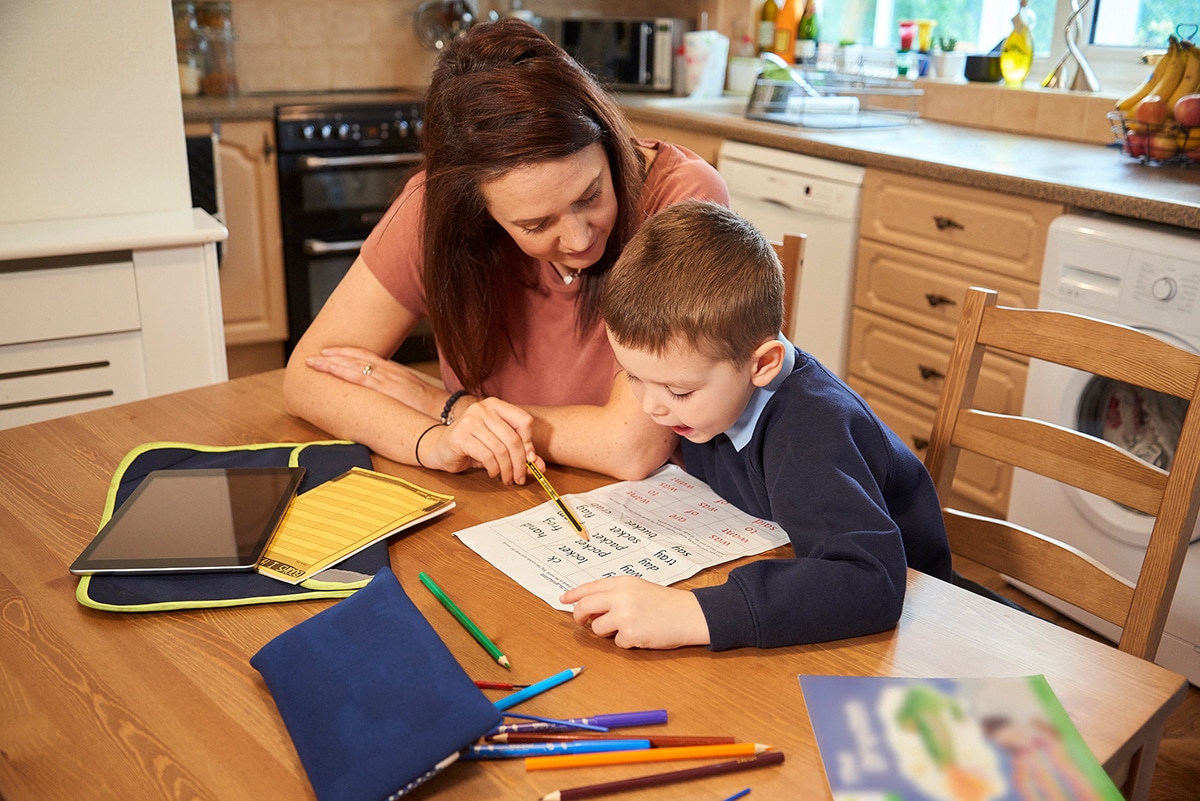Students with dyslexia and dysgraphia face unique academic challenges that they can overcome with the right attention from parents and teachers. The first step to helping students with dyslexia or dysgraphia learn successfully is understanding the differences between these conditions. Parents and educators who recognize the distinctions between these learning differences can provide students with the appropriate attention and care. When students receive the appropriate interventions for their learning needs, their potential is limitless! Read below to learn more about the differences and challenges of dyslexia and dysgraphia and how parents and teachers can help.
All posts tagged: Understanding Dyslexia
The Value of Dyslexic Thinking
For decades, educators, parents, and employers have only thought of dyslexia as a learning challenge that makes it more difficult for children to learn how to read. With evolving research, however, teachers and parents understand more about how the dyslexic brain works and how to teach dyslexic students more effectively. Improved education and targeted support help dyslexic individuals recognize their strengths and use their natural skills and talents to their advantage in school and into the working world. Read below to learn more about the value of dyslexic thinking with ReadSource and our partner, Made By Dyslexia.
Dyslexia and the Brain
For individuals to effectively support members of the community with dyslexia, there needs to be a certain level of understanding about how dyslexia affects the brain. Fortunately, you don’t have to be a neuroscientist to learn about dyslexia and the brain. Take the first step and learn the basics from ReadSource. Read below to learn about some of the latest research on dyslexia and discover some of the differences between the brains of individuals with and without dyslexia.
Tips for Studying with Dyslexia
Studying is a challenge for students everywhere, whether it’s for a spelling or vocabulary quiz in elementary school or a standardized test like the SAT or ACT. Students must be able to practice studying and find the strategies that work best for them, especially dyslexic students. Study strategies need to evolve over time, but studying with dyslexia can be challenging if students don’t have reliable and effective approaches. Read below to explore some tips for studying with dyslexia from ReadSource.
Tips to Help Dyslexic Students Prepare for the New School Year
The summer is a time to relax and recharge. However, parents of dyslexic students may find concerns about how their child will perform after a few months out of the classroom. Don’t worry, that’s totally normal! With just a few proactive steps, parents and kids can enjoy their free time over the summer, while also getting ready for everything that comes with a new school year. Follow these tips to help your dyslexic student get a head start before schools start back in the fall.
Talking with Your Child About Dyslexia
Regardless of when parents receive a dyslexia diagnosis for their child, this news can bring up a lot of emotions. Many parents want to be supportive and encouraging of their child, but they may also be experiencing a range of feelings as they process this news themselves. Although it can feel challenging and confusing at first, having conversations about dyslexia is one of the best things parents can do with their children. Talking about dyslexia helps promote understanding for both parents and kids, and a simple discussion can go a long way in the development of a dyslexic child. Read below to learn more about how to start and continue conversations about dyslexia with your child.
How to Promote Confidence in a Dyslexic Learner
Parents and teachers may be familiar with some of the more well-known consequences of dyslexia, such as having trouble learning to read or write, but there are also lesser-known effects that can impact students as they learn as well. Children with undiagnosed dyslexia may struggle with confidence if they fall behind their peers in mastering skills like reading and writing. Teachers and parents should be aware of this tendency for dyslexic children to lose confidence in themselves and work to encourage a sense of self-efficacy throughout their time in school. Read below to master some tips on how to help promote confidence in dyslexic learners.
After a Dyslexia Diagnosis: What Comes Next?
There’s no right or wrong way to feel after receiving a dyslexia diagnosis for your child. The key is to remain patient with yourself and your child as you figure out what to do next. While knowing which steps to take after getting a dyslexia diagnosis can be confusing, the ReadSource is here to walk you through it. Read below to learn more about some helpful tips for what you should do after a dyslexia diagnosis.
Tips to Inspire Summer Reading in Dyslexic Students
It’s summer and that means it’s time for family vacations, backyard barbecues, and for many students, a break from school. But even if students aren’t in the classroom, there are plenty of ways to encourage young learners to keep up their skills, especially when it comes to reading. Many students may view summer reading as a chore, but children can lose valuable language skills over the summer if they don’t practice reading over the break. For all students and especially dyslexic students, it is essential to continue reading over the summer and developing the reading skills they practice during the school year. Here are some tips that can help inspire summer reading in dyslexic students.
4 Unique Strengths Dyslexic Students Bring to Distance Learning
Dyslexia can indeed present learning challenges that may make it harder for dyslexic students to master reading and language skills, but many dyslexic students also have certain strengths that help them thrive in this unprecedented environment of distance learning. Teachers and parents who recognize these assets can encourage dyslexic students to translate these skills back into the classroom in the future. Read below to learn more about some of the unique strengths dyslexic students can bring to distance learning.
















